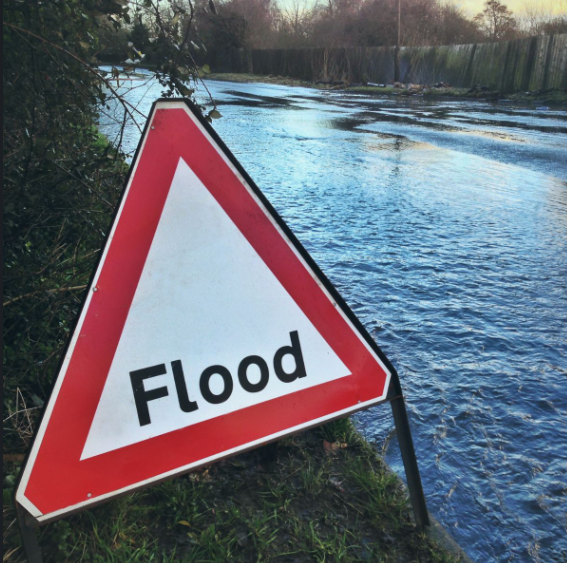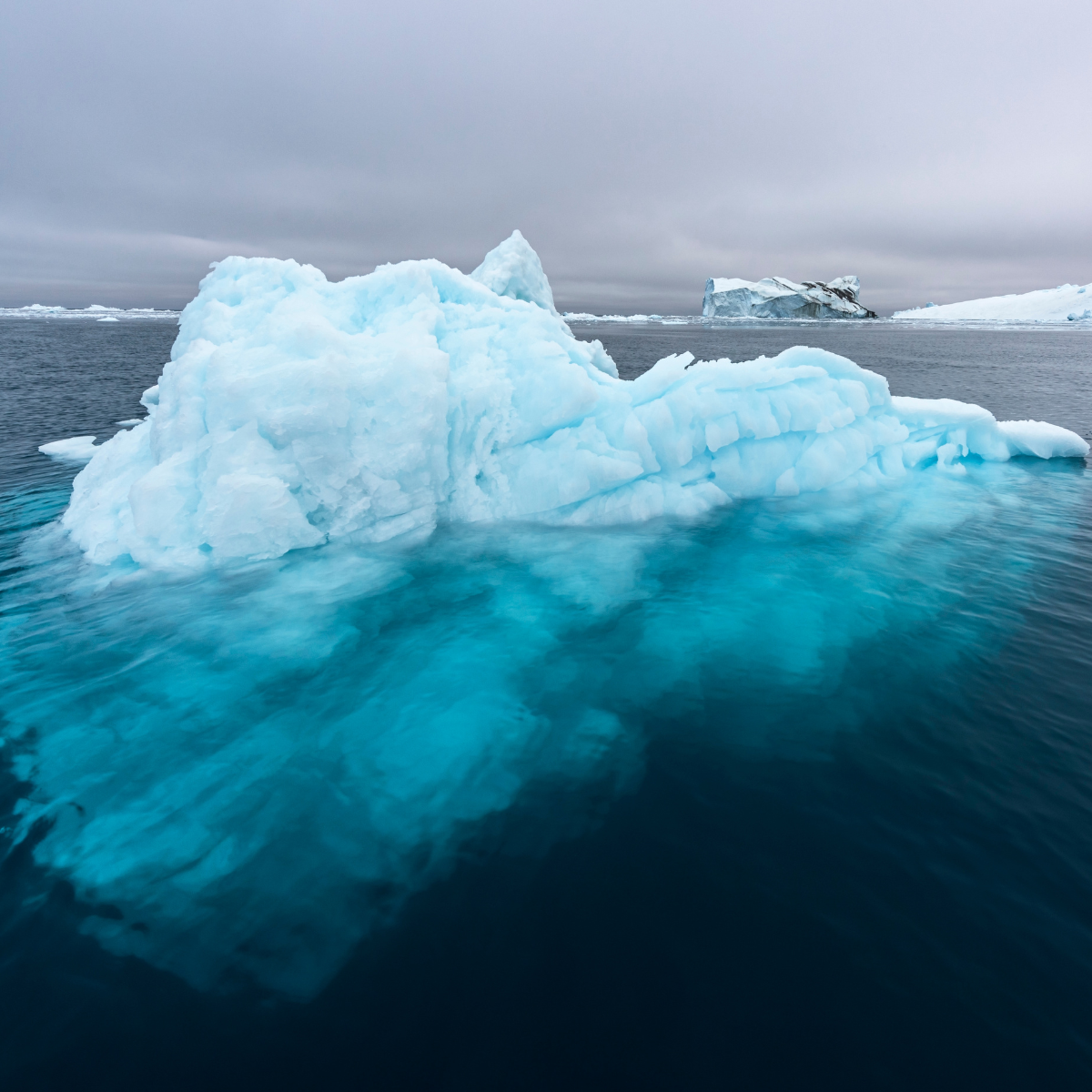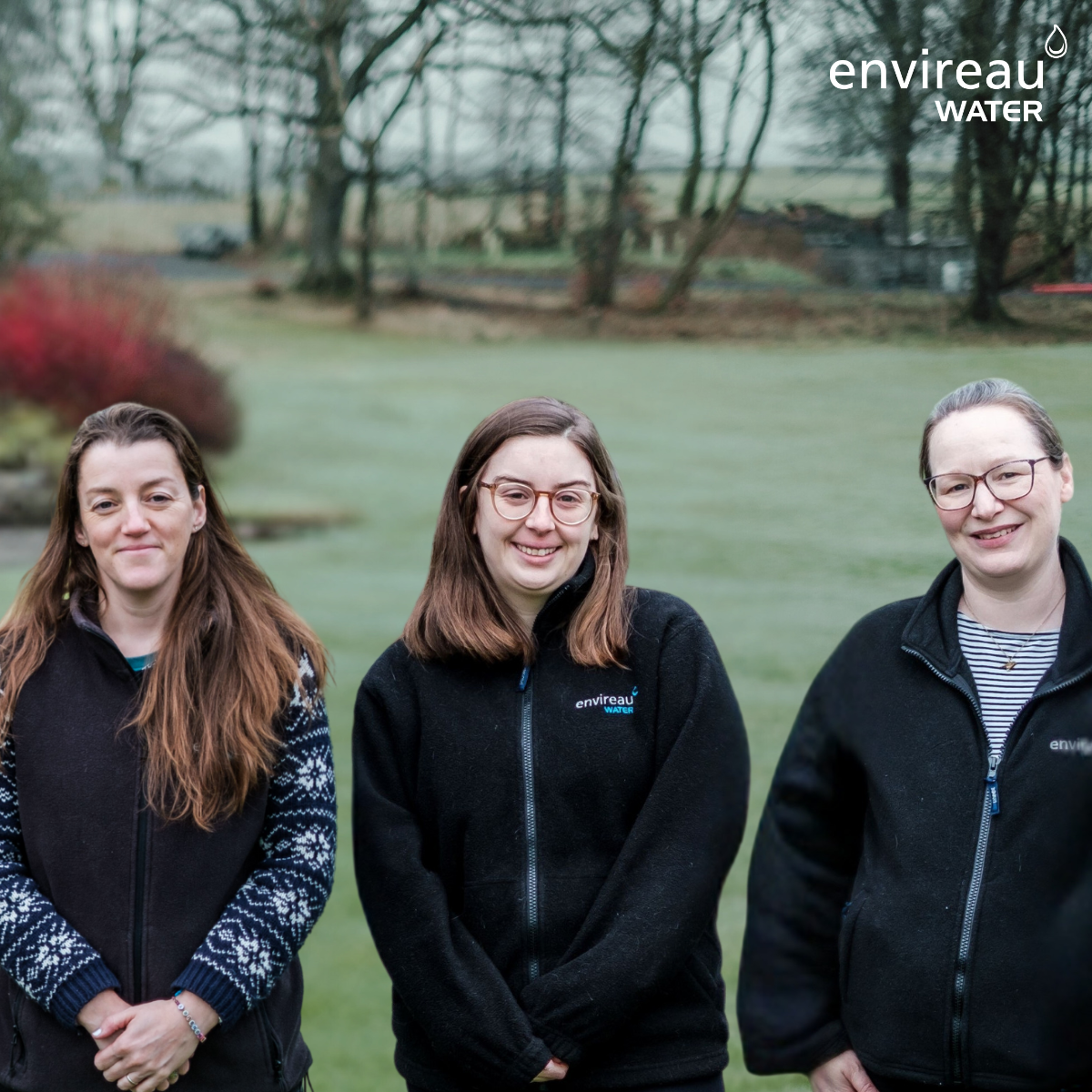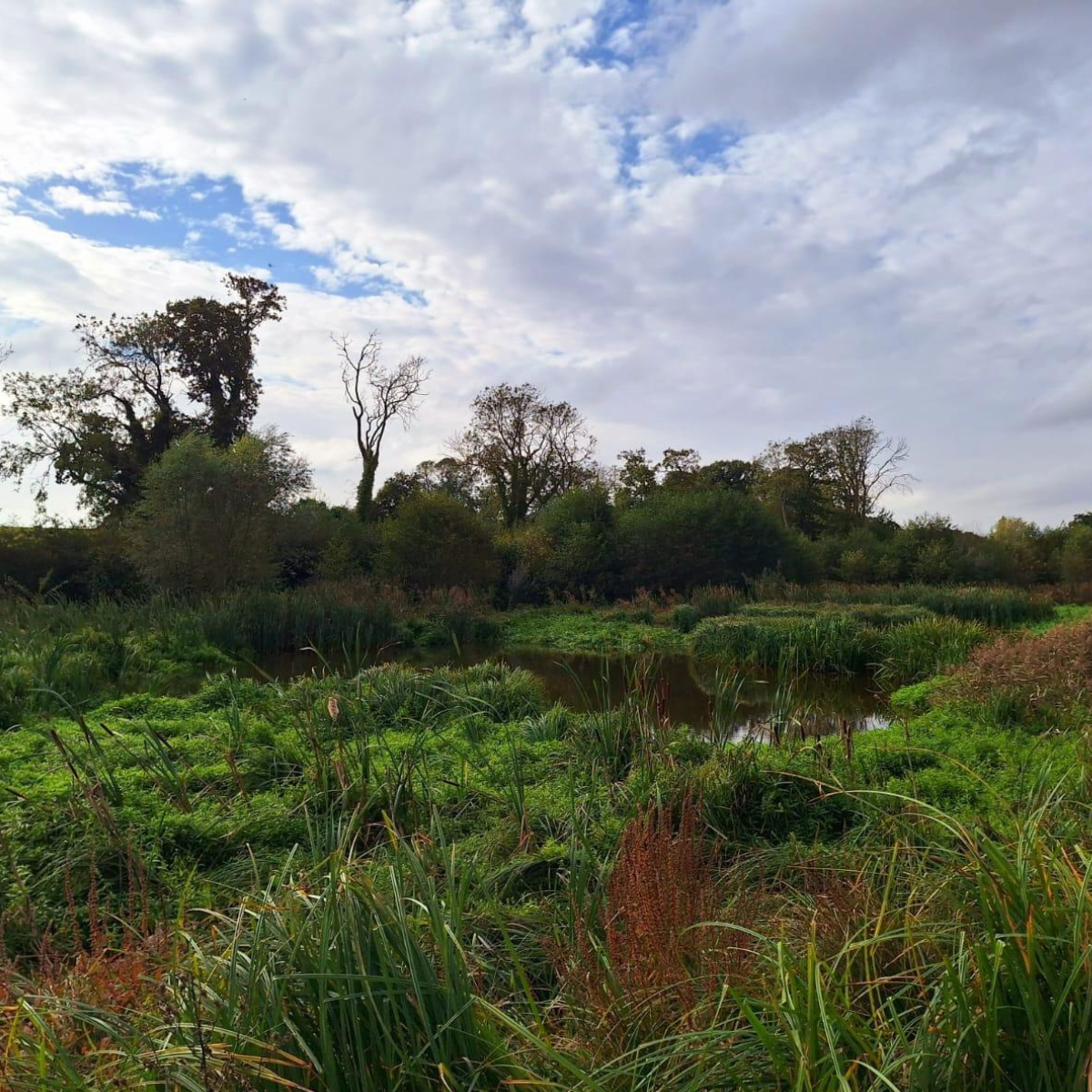Is English Water Quality Really That Bad?

The water quality of English rivers has been a hot topic in the news over the past three weeks, and one that isn’t set to go away now Feargal Sharkey has launched a legal campaign for clean rivers.
Where it all started…
The Environment Agency published data detailing that all English rivers have failed to meet quality tests for pollution and that only 14% of English rivers are of good ecological standard. Whilst these facts were reported by the likes of the BBC, the Guardian and The Times, it’s important to note that in 2016, 97% of rivers were judged to have good chemical status. The Environment Agency argue that the significant change in results is attributed to the standard of tests used this year being tougher. The testing can now report the presence of certain chemicals which before, may not have been picked up, and to a more accurate level.
The cause of the pollution is firmly placed on raw sewage discharges by water companies directly into rivers, chemical discharges from industry, and agricultural run-off. That’s where Feargal Sharkey comes in, the river campaigner and former lead singer of the Undertones, has expressed his dismay at the lack progress on river quality over the last 17 years. With a popstar pushing the press, the problem doesn’t look set to disappear.
So, what is the real problem here?
If you are a little confused, don’t worry we have asked our expert James Dodds to summarise.
“The key problem is with the age of existing infrastructure and its ability to withstand storm events. At present, water companies hold legal permits which allow them to discharge untreated waste into rivers during exceptional storm events. However, as the volumes of effluent reporting to treatment works has increased, a disconnect between investment and that growth, and a general trend to more intense storms, the frequency and magnitude of the discharges has increased. There is therefore a muddle between poor legislation and regulation, lack of investment and the weather. I’m not sure that it is fundamentally the Environment Agency’s fault.
How can we fix it? The problem isn’t going to go away until there is a significant increase in investment in sewage treatment capacity, coupled with the upgrading of sewer networks to replace combined sewers with separate storm drainage and sewer networks. At the moment that investment must come from the private Water Companies. You can do your bit by telling the Water Companies to make this investment.
With respect to wider water quality problems associated with road and rural runoff, there is an important role in the Environment Agency and DEFRA highlighting and reporting the issues and working with landowners and the highways authorities on an integrated catchment basis to develop projects and implement solutions.”
With no easy solution, the Environment Agency target for 75% of water bodies in England to be in Good Status as soon as possible looks unachievable. This however, should not stop the drive for success.
Need our help?
If you operate in the industrial, highways or agricultural sectors you have to start somewhere, and we help our clients do exactly that. Whether you need help in identifying management or treatment solutions, conducting risk assessments for discharge permits, or controlling site runoff and drainage; our team of experts can support you to limit your impact on surrounding water bodies. Get in touch with our technical lead James Dodds on James@envireauwater.co.uk or 01332 871 882.







